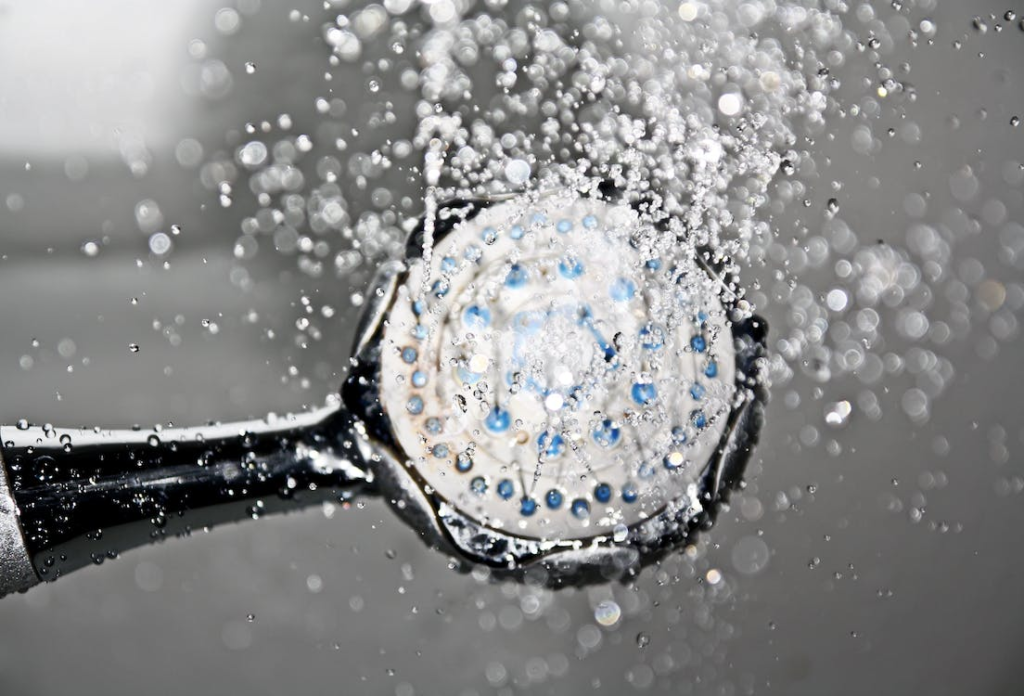In a world where energy efficiency is paramount, the quest for optimizing household appliances takes center stage.
Among these, water heaters play a crucial role in providing comfort and convenience. As homeowners seek ways to enhance energy efficiency and reduce utility costs, water heaterefficiency becomes a pivotal consideration.
At Your 1 Plumber, we understand the need for this efficiency and provide top-quality water heater services in Maryland. You can upgrade your water heating experience with our highly trained and expertly equipped plumbers.
Understanding Water Heater Efficiency
Water heater efficiency refers to the ability of a water heating system to convert energy into hot water while minimizing waste and conserving resources. It is a measure of how effectively the unit utilizes the energy input to produce the desired output of hot water.

1. Tankless (On-Demand) Water Heaters:
How They Work: Tankless water heaters heat water directly without the need for a storage tank. They heat water on demand as it passes through the unit.
Efficiency Considerations: Tankless systems are often more energy-efficient than storage tanks because they eliminate standby heat loss. However, their efficiency can be influenced by factors such as the flow rate and temperature rise required.
2. Heat Pump Water Heaters:
How They Work: These units use electricity to move heat from the air or ground to heat the water. They work like a refrigerator but in reverse.
Efficiency Considerations: Heat pump water heaters are highly efficient, as they don’t generate heat directly but move it from the surroundings. However, their performance may be affected by ambient temperatures and space requirements.
3. Solar Water Heaters:
How They Work: Solar water heaters use energy from the sun to heat water. They consist of solar collectors and a system to transfer the heat to the water.
Efficiency Considerations: Solar water heaters are eco-friendly and efficient, utilizing renewable energy. Their efficiency is influenced by sunlight availability and system design.
4. Condensing Water Heaters:
How They Work: These units extract additional heat from the combustion gases by condensing water vapor, increasing efficiency.
Efficiency Considerations: Condensing water heaters are known for their high efficiency, especially in natural gas models. They are effective in recovering heat that would otherwise be wasted in traditional tankless or storage tank units.
Strategies for Energy Savings
Effective strategies are crucial for improving water heater efficiency as they help minimize heat loss and ensure that the energy used to heat the water is retained.
1. Tank Insulation:
Wrapping the storage tank with an insulating blanket helps reduce standby heat loss. These blankets are specifically designed for water heaters and provide an additional layer of insulation.
2. Pipe Insulation:
Insulating the pipes that carry hot water from the heater to faucets can help maintain water temperature during transit. This reduces the need for the water heater to work harder to compensate for heat loss in the pipes.
3. Use of Heat Traps:
Heat traps are devices that prevent hot water from rising in the pipes when the heater is off, reducing heat loss. These are often integrated into the water heater’s design, but additional or upgraded traps can be installed for improved efficiency.
4. Regular Maintenance:
Sediment buildup in the tank can reduce efficiency. Regularly flushing the tank and inspecting for sediment accumulation can maintain optimal performance.
5. Location Considerations:
Whenever possible, install the water heater in a heated or insulated space. Placing the heater in a cold environment may increase the workload and energy consumption.
Temperature Settings and Energy Conservation
The recommended temperature setting for water heaters is typically around 120 degrees Fahrenheit (49 degrees Celsius). This temperature strikes a balance between ensuring the water is hot enough for various household activities and minimizing the risk of scalding.
Water temperatures above 120 degrees Fahrenheit can pose a scalding risk. Setting the thermostat to around 120 degrees helps reduce the risk of burns.
Water heaters are susceptible to bacterial growth, particularly in the warm environment of the tank. A temperature of 120 degrees Fahrenheit is generally sufficient to inhibit the growth of harmful bacteria like Legionella.

Expert Water Heater Services By Your 1 Plumber
Ready to optimize your water heater’s performance and save on energy costs? At Your 1 Plumber, we offer expert inspections and tailored solutions.
Our water heater replacement and repair plumbing services are available in Germantown, Silver Spring, Frederick, Columbia, and other Maryland areas with a 100% money-back guarantee like no other.
So, get in touch with us now.

